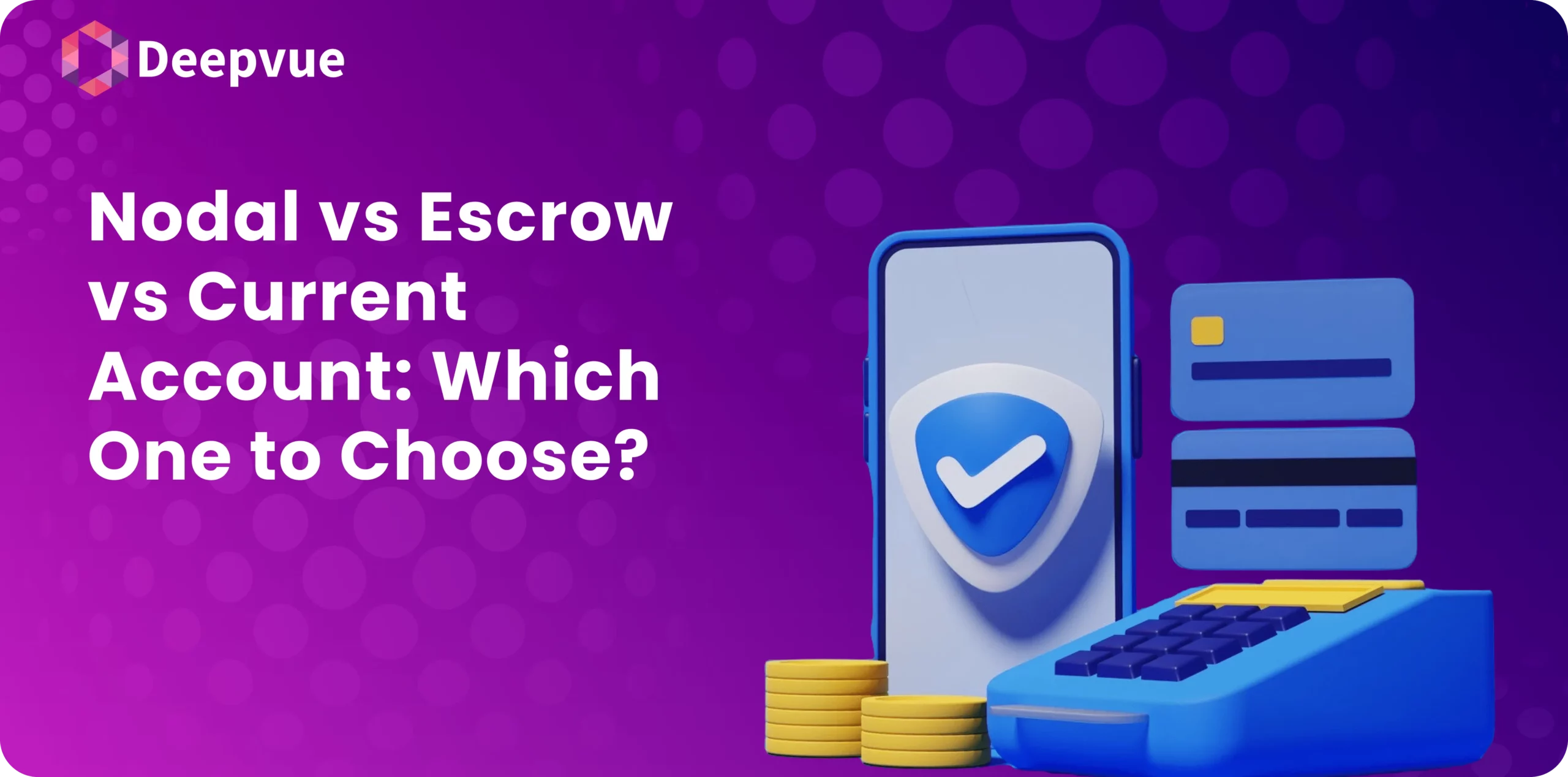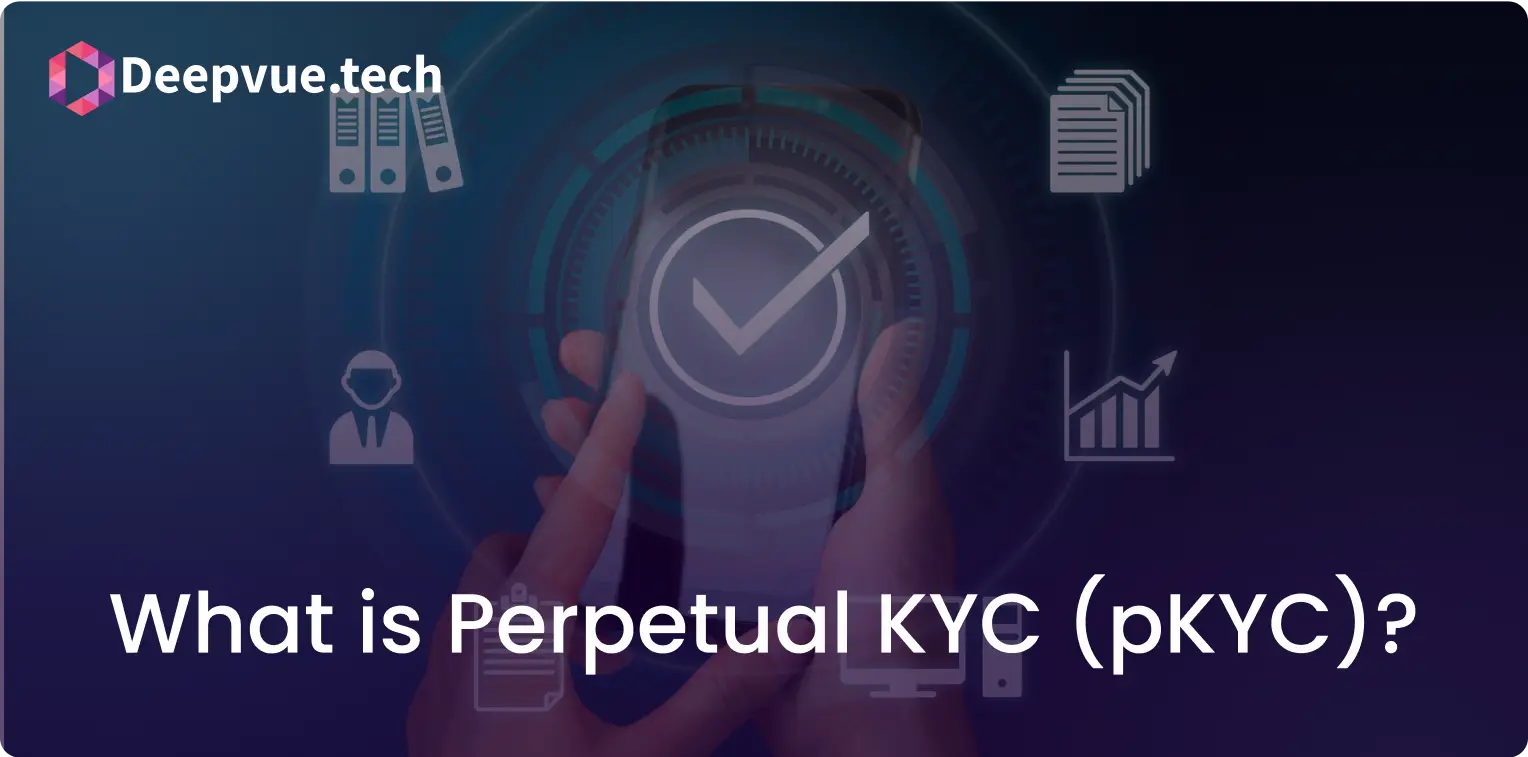Today, most payments are made via bank accounts, and after the introduction of UPI, most of the population believes in cashless transactions, even for small pennies. However, every transaction cannot be done through UPI or savings bank accounts.
Since all transactions have different natures and purposes, they should be routed through a single type of account; for every kind of transaction, there are dedicated accounts.
Nodal, Escrow, and current accounts are examples of this.
Types of Accounts
Here, we will discuss three accounts: Nodal, Escrow and Current account.
What is a Current Account?
The current account is a bank account used to balance multiple and frequent daily transactions. This account offers a higher deposit and withdrawal limit in comparison to saving accounts. However, this account does not provide interest as the account is meant to manage day-to-day transactions.
The current account is used to fulfill business financial needs such as payment to vendors receiving payment from the party or to pay for various office expenses.
The benefit of a current account:
- A current account provides 24*7 access to its customer for payment, deposits or withdrawals.
- A current account also offers an overdraft facility to its customers, where customers can withdraw more money than with an account that pays some charges.
- Customers can set up standing instructions for regular payments to avoid delays.
What is an Escrow Account?
An escrow account is an agreement-based arrangement between the parties to transfer the money to their respective accounts per the agreement’s terms.
An escrow account is generally used to safeguard the interest of the parties working together for any third party. In this kind of account, a third party transfers the money for services availed to the provided Escrow account, and from there, money gets transferred to the accounts of the relevant party as per the terms of the agreement and instructions given to the bank.
Escrow account provides safety and transparency to the parties involved in the transaction.
Benefits of an escrow account
- Transactions are more streamlined by automating the payment and compliance process.
- Features like multi-bank routing, auto reconciliation, trusteeship services, etc.
- Improved trust between parties involved in the transaction.
What is a Nodal Account?
The nodal account is a special account that RBI has mandated for businesses which are intermediaries; since online payments are getting popular and people are using online platforms for payment of bills or shopping, etc., in that case, it is also required to safeguard the interest of the customer in respect of the payments made by them.
The nodal account is an internal bank account where the payments made by customers, irrespective of their bills or shopping, etc., are credited. After a specified time, the funds are transferred to the merchant’s banker.
Let’s understand it by an example- online shopping platforms such as Amazon and Myntra are intermediaries between merchants and customers; hence, when the customer pays for their shopping, the amount gets credited to a nodal account so that the intermediaries cannot use these funds for their interest as the account is controlled and maintained by the bank only and after a specified time the amount gets transferred to the beneficiaries. Also, it facilitates easy settlements, refunds, cashback, and offers.
Benefits of Nodal Account.
- Increase security and transparency of the transactions
- It is a governed account
- The payment gets credited automatically after a specified period.
What Is a Key Difference Between an Escrow Account and a Nodal Account
An escrow account is a solution to protect from financial fraud by facilitating agreement-based payment through a bank or escrow agent. It protects the interest of all parties involved in the transaction.
The RBI mandates nodal accounts for businesses to act as intermediaries as multiple parties are involved in this, and by using a nodal account, funds never become the personal assets of intermediaries. Rather, they get transferred to the ultimate beneficiary.
When to Choose Current, Escrow or Nodal Account
Choosing between a current, Escrow, or nodal account completely depends upon the business needs and nature of the financial transactions, as each account serves a different purpose.
Current Account
The current account is ideal for small businesses dealing in day-to-day transactions with unrestricted transaction limits and wanting to enjoy features like overdraft facilities.
Escrow Account
Businesses that require a neutral third party, like a bank or escrow agent, to hold or release the fund as per the pre-defined instructions to maintain the transparency of the transaction can opt for the escrow account.
For example, suppose the company is engaged in the construction business and used to subcontract the work allotted to them. In that case, an Escrow arrangement will work where the payment of the work will be credited to the Escrow account and from there to the account of the main contractor and sub-contractor per pre-defined terms and with transparency.
Nodal Account
RBI has mandated the use of nodal accounts for businesses acting as intermediaries, such as online marketplaces, payment aggregators, or e-commerce platforms.
Conclusion
Since people are getting comfortable with online transactions and wish to enjoy this facility everywhere, companies or businesses need to be aware of all types of accounts that can support their business, and the same has to be identified carefully considering financial needs as every account has a different set of features and serves various purposes.
FAQs
What documents are required to open the current account?
To open a current account, basic documents such as proof of identity, proof of business, and proof of address will be required, along with passport-size photos and signed forms provided by the banks.
What documents are required to open the escrow account?
An escrow account is not a one-day process. Apart from basic documents, an agreement will be required between banks and parties, which contains the terms and conditions for the payment, and the same is required to be vetted by the bank before execution.
What documents are required to open a nodal account?
Most authorized banks provide nodal bank account services. It will be set up after you satisfy a bank’s strict criteria on business reputation, transaction volumes, compliance requirements, etc. Setting up the account requires signing a bank account agreement that details the terms of operations and responsibilities.








